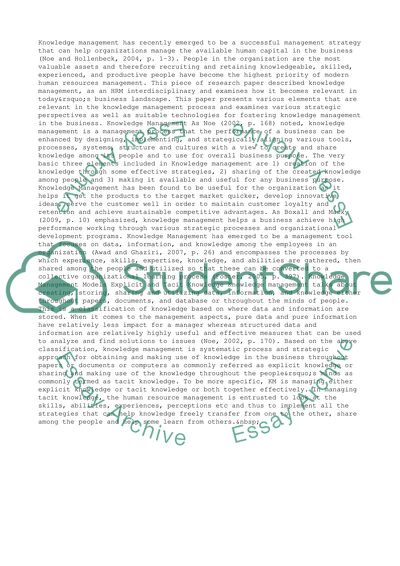Cite this document
(Knowledge Management and Organizational Learning Essay, n.d.)
Knowledge Management and Organizational Learning Essay. Retrieved from https://studentshare.org/management/1431992-bachalor-of-commerce-knowledge-and-organisational
Knowledge Management and Organizational Learning Essay. Retrieved from https://studentshare.org/management/1431992-bachalor-of-commerce-knowledge-and-organisational
(Knowledge Management and Organizational Learning Essay)
Knowledge Management and Organizational Learning Essay. https://studentshare.org/management/1431992-bachalor-of-commerce-knowledge-and-organisational.
Knowledge Management and Organizational Learning Essay. https://studentshare.org/management/1431992-bachalor-of-commerce-knowledge-and-organisational.
“Knowledge Management and Organizational Learning Essay”, n.d. https://studentshare.org/management/1431992-bachalor-of-commerce-knowledge-and-organisational.


